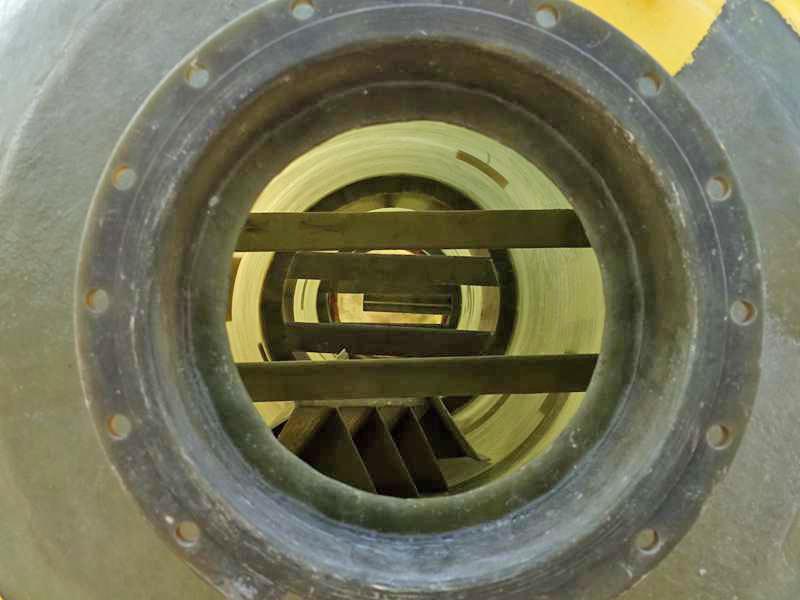
-
 Afrikaans
Afrikaans -
 Albanian
Albanian -
 Amharic
Amharic -
 Arabic
Arabic -
 Armenian
Armenian -
 Azerbaijani
Azerbaijani -
 Basque
Basque -
 Belarusian
Belarusian -
 Bengali
Bengali -
 Bosnian
Bosnian -
 Bulgarian
Bulgarian -
 Catalan
Catalan -
 Cebuano
Cebuano -
 China
China -
 China (Taiwan)
China (Taiwan) -
 Corsican
Corsican -
 Croatian
Croatian -
 Czech
Czech -
 Danish
Danish -
 Dutch
Dutch -
 English
English -
 Esperanto
Esperanto -
 Estonian
Estonian -
 Finnish
Finnish -
 French
French -
 Frisian
Frisian -
 Galician
Galician -
 Georgian
Georgian -
 German
German -
 Greek
Greek -
 Gujarati
Gujarati -
 Haitian Creole
Haitian Creole -
 hausa
hausa -
 hawaiian
hawaiian -
 Hebrew
Hebrew -
 Hindi
Hindi -
 Miao
Miao -
 Hungarian
Hungarian -
 Icelandic
Icelandic -
 igbo
igbo -
 Indonesian
Indonesian -
 irish
irish -
 Italian
Italian -
 Japanese
Japanese -
 Javanese
Javanese -
 Kannada
Kannada -
 kazakh
kazakh -
 Khmer
Khmer -
 Rwandese
Rwandese -
 Korean
Korean -
 Kurdish
Kurdish -
 Kyrgyz
Kyrgyz -
 Lao
Lao -
 Latin
Latin -
 Latvian
Latvian -
 Lithuanian
Lithuanian -
 Luxembourgish
Luxembourgish -
 Macedonian
Macedonian -
 Malgashi
Malgashi -
 Malay
Malay -
 Malayalam
Malayalam -
 Maltese
Maltese -
 Maori
Maori -
 Marathi
Marathi -
 Mongolian
Mongolian -
 Myanmar
Myanmar -
 Nepali
Nepali -
 Norwegian
Norwegian -
 Norwegian
Norwegian -
 Occitan
Occitan -
 Pashto
Pashto -
 Persian
Persian -
 Polish
Polish -
 Portuguese
Portuguese -
 Punjabi
Punjabi -
 Romanian
Romanian -
 Russian
Russian -
 Samoan
Samoan -
 Scottish Gaelic
Scottish Gaelic -
 Serbian
Serbian -
 Sesotho
Sesotho -
 Shona
Shona -
 Sindhi
Sindhi -
 Sinhala
Sinhala -
 Slovak
Slovak -
 Slovenian
Slovenian -
 Somali
Somali -
 Spanish
Spanish -
 Sundanese
Sundanese -
 Swahili
Swahili -
 Swedish
Swedish -
 Tagalog
Tagalog -
 Tajik
Tajik -
 Tamil
Tamil -
 Tatar
Tatar -
 Telugu
Telugu -
 Thai
Thai -
 Turkish
Turkish -
 Turkmen
Turkmen -
 Ukrainian
Ukrainian -
 Urdu
Urdu -
 Uighur
Uighur -
 Uzbek
Uzbek -
 Vietnamese
Vietnamese -
 Welsh
Welsh -
 Bantu
Bantu -
 Yiddish
Yiddish -
 Yoruba
Yoruba -
 Zulu
Zulu
high-pressure fiberglass piping system
High-Pressure Fiberglass Piping Systems An Essential Solution for Modern Industries
In today’s industrial landscape, efficient and reliable piping systems are crucial for transporting fluids, gases, and other materials. Among the various options available, high-pressure fiberglass piping systems have emerged as a preferred choice in a variety of applications. These systems offer a combination of strength, durability, and corrosion resistance, making them ideal for industries such as oil and gas, chemicals, and water treatment.
What are High-Pressure Fiberglass Piping Systems?
High-pressure fiberglass piping systems are made from composite materials, primarily consisting of glass fibers and thermosetting resins. This unique composition provides several advantages, particularly in high-stress environments where traditional materials may falter. The manufacturing process involves layering glass fibers in a resin matrix, resulting in a lightweight yet strong piping solution that can withstand high pressure and extreme temperatures.
Key Benefits
1. Corrosion Resistance One of the standout features of fiberglass piping is its resistance to corrosion. Unlike metal pipes that can rust and degrade over time, fiberglass maintains its integrity when exposed to harsh chemicals and environmental conditions. This property significantly reduces maintenance costs and extends the lifespan of the piping system.
2. High Strength-to-Weight Ratio High-pressure fiberglass piping systems are remarkably strong for their weight. This feature not only facilitates easier installation but also lowers transportation costs. The lightweight nature of fiberglass makes it easier to handle, allowing for quick deployment in various industrial settings.
high-pressure fiberglass piping system

3. Design Flexibility Fiberglass can be molded into various shapes and sizes, which provides designers and engineers with the flexibility to create custom solutions tailored to specific needs. This adaptability is particularly beneficial in complex projects where traditional piping materials might be inadequate or impractical.
4. Thermal Insulation Fiberglass has inherent insulation properties that help to maintain the temperature of the transported materials, whether they are hot or cold. This thermal efficiency can lead to energy savings and improved process efficiency in many applications.
5. Lower Installation Costs Due to its lightweight nature and ease of handling, the installation of fiberglass piping systems is generally faster and cheaper compared to heavier materials like steel or concrete. Furthermore, the reduced need for costly support structures adds to the overall savings.
Applications
High-pressure fiberglass piping systems find applications in several industries. In the oil and gas sector, they are used for transporting crude oil, natural gas, and produced water, where resistance to chemical degradation is vital. In the chemical industry, these systems are utilized to handle a variety of corrosive substances without risk of failure. Additionally, water treatment facilities utilize fiberglass piping to transport treated water, benefiting from the material’s durability and corrosion resistance.
Conclusion
High-pressure fiberglass piping systems represent a critical advancement in industrial piping technology. With their myriad benefits, including corrosion resistance, high strength-to-weight ratio, design flexibility, thermal insulation, and reduced installation costs, they stand out as a superior choice for modern industries. As more companies seek to enhance operational efficiency while minimizing downtime and maintenance costs, the adoption of high-pressure fiberglass piping systems is likely to continue growing, proving to be a vital component in the infrastructure of the future.









